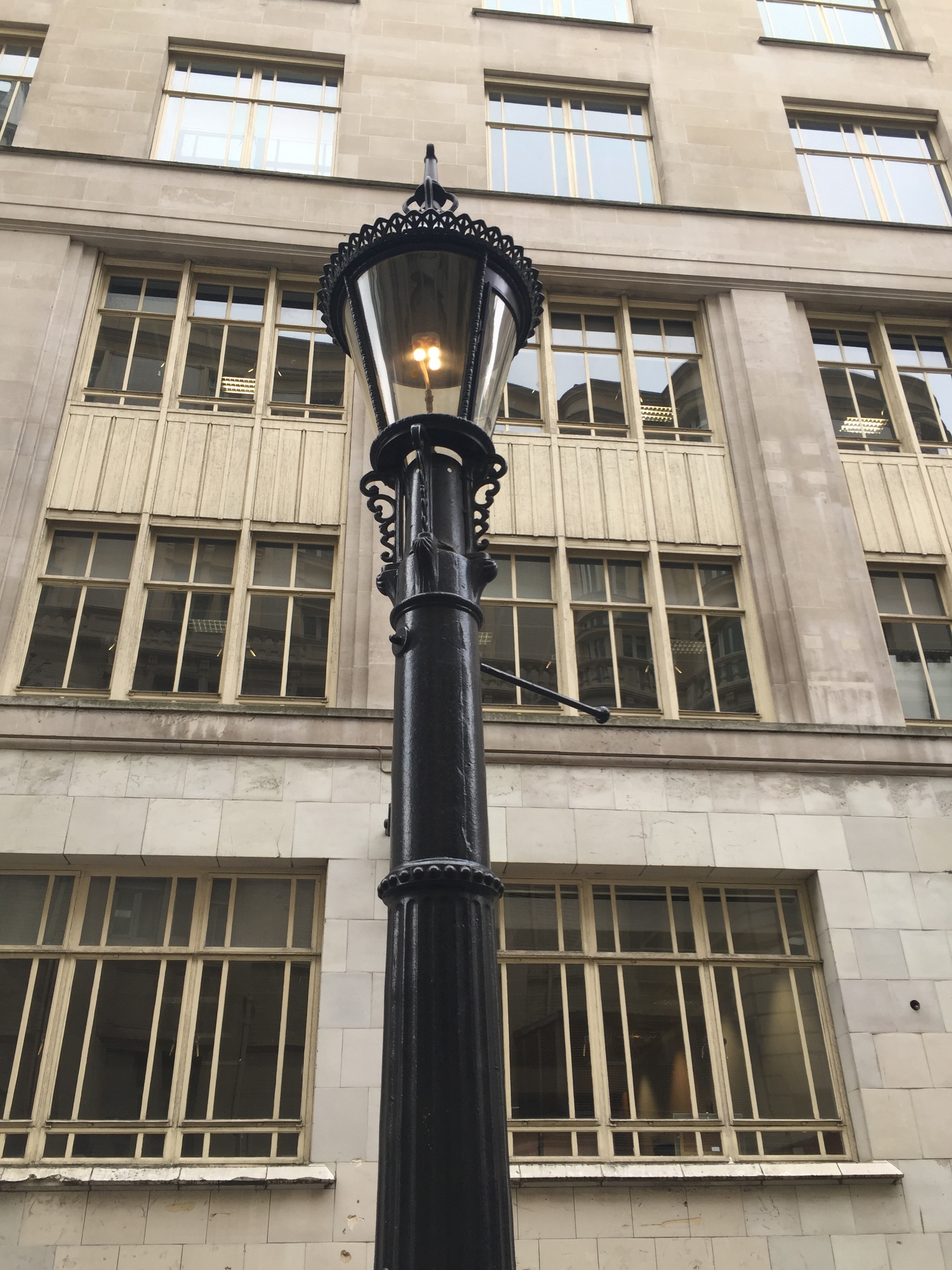
 PIN
The Gas Light, Carter Lane
PIN
The Gas Light, Carter Lane
London's Last Gas Light
Take a turn off the Stand and into Carting Lane behind the Savoy, and visitors can find London's last remaining sewage lamp – it is actually a replica but is in full working order. Today it is fuelled (mostly) by the mains supply of gas but curiously the Webb Patent Sewer Gas Lamp was originally powered from Bazalgette's Victorian sewers. The methane gases given off from the sewers were recycled and burned as fuel for street lighting. It kept the cost of lighting London down and also reduced the smell of human waste - so a win/win in all departments. A popular myth states that the lamp is hooked up to the Savoy sewer but sadly it simply does not produce enough methane to keep the lamp glowing brightly. If the flame went out, the methane gas and the attendant smells would be released into the vicinity. Visitors cannot miss it, standing sentinel before the gateway to the Victoria Embankment Gardens
History
The Webb Patent Sewer Gas Lamp was invented in the nineteenth century by the Birmingham based innovator Joseph Webb. The lamps kept London lit 24/7 and were used for two reasons - to burn off the smells and to provide a low cost, low maintenance fuel system. Methane was collected in the sewer with the gas then diverted into the lamp at street level. The lamp burned constantly and was powered partly by human waste from guests staying at the Savoy Hotel.
The sewerage effluence was not concentrated enough to power the lamps completely and so they were “dual powered” and augmented by ordinary municipal gas supplies. The gas heated the filament to around 700 degrees Fahrenheit and the heat sucked in the methane and other gases from the sewers.
Due to fire damage in the Webb Lamp Company, there are no accurate details of how many of these lamps were supplied to London but it is believed that the boroughs of Westminster, Hampstead and Shoreditch were all customers.
Despite being the last remaining Webb Sewer Lamp in London, a reversing lorry accidentally knocked it over some years ago. It needed restoration by engineers from Thames Gas and is now protected by Westminster Council.
Tags
- History
- , close to river
- , Westminster



 Facebook
Facebook Twitter
Twitter Tumblr
Tumblr Google+
Google+ Pinterest
Pinterest LinkedIn
LinkedIn







